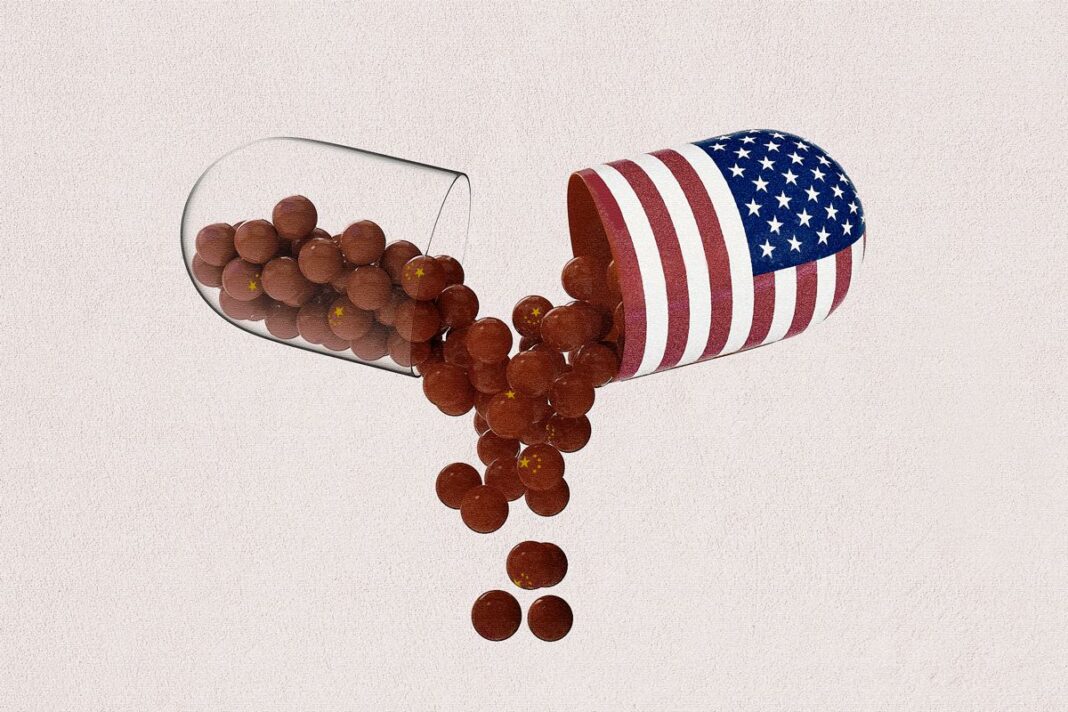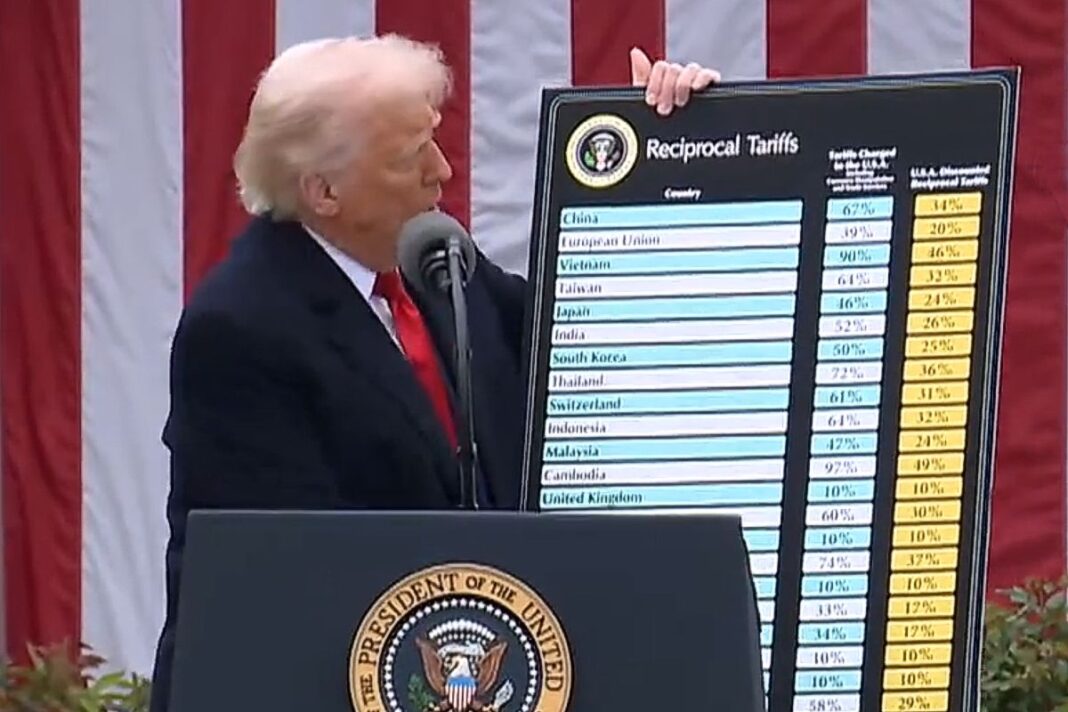China’s iron grip on supply of critical drug ingredients has been years in the making, driven by Beijing’s strategic plan to dominate the pharma industry
WASHINGTON—As the COVID-19 pandemic swept across the globe in 2020, hospitals across the United States found themselves scrambling for masks, gloves, and other critical medical supplies.
The crisis served as a wake-up call for the United States, despite being a global leader in the pharmaceutical industry. Politicians and health care leaders vowed to fix the dangerous overreliance on foreign-made medical supplies, a problem that had gone largely unnoticed.
Fast forward a few years and not much has changed, Michael Einhorn, founder of Dealmed, a medical supply distributor based in New York, told The Epoch Times.
In March 2020, Einhorn witnessed what he called the “logistical nightmare” firsthand when shipments from China ground to a halt.
The U.S. generic drug supply chain still heavily relies on global production, with a significant portion of ingredients and raw materials sourced from China, according to Einhorn.
On April 1, the Trump administration launched what’s known as a Section 232 investigation to determine the national security implications of imports of pharmaceuticals and their ingredients.
A separate probe into semiconductors was launched at the same time.
“The section 232 investigations have been a long time coming,” Einhorn said.
The Chinese regime’s iron grip on America’s supply of critical medicines has been years in the making, driven by Beijing’s strategic push to dominate key industries, systemic issues within the U.S. health care system, and a lack of decisive action in Washington to break this dependence, according to industry experts.
They argue that the pharmaceutical industry is different from the automotive sector, where the U.S. government knows it cannot afford to impose tariffs without a strategic plan—doing so would lead to severe supply shortages and price hikes.
“This gives China a huge advantage,” Einhorn said. “They do hold the cards, unfortunately. People don’t want to admit that.”
By Emel Akan







